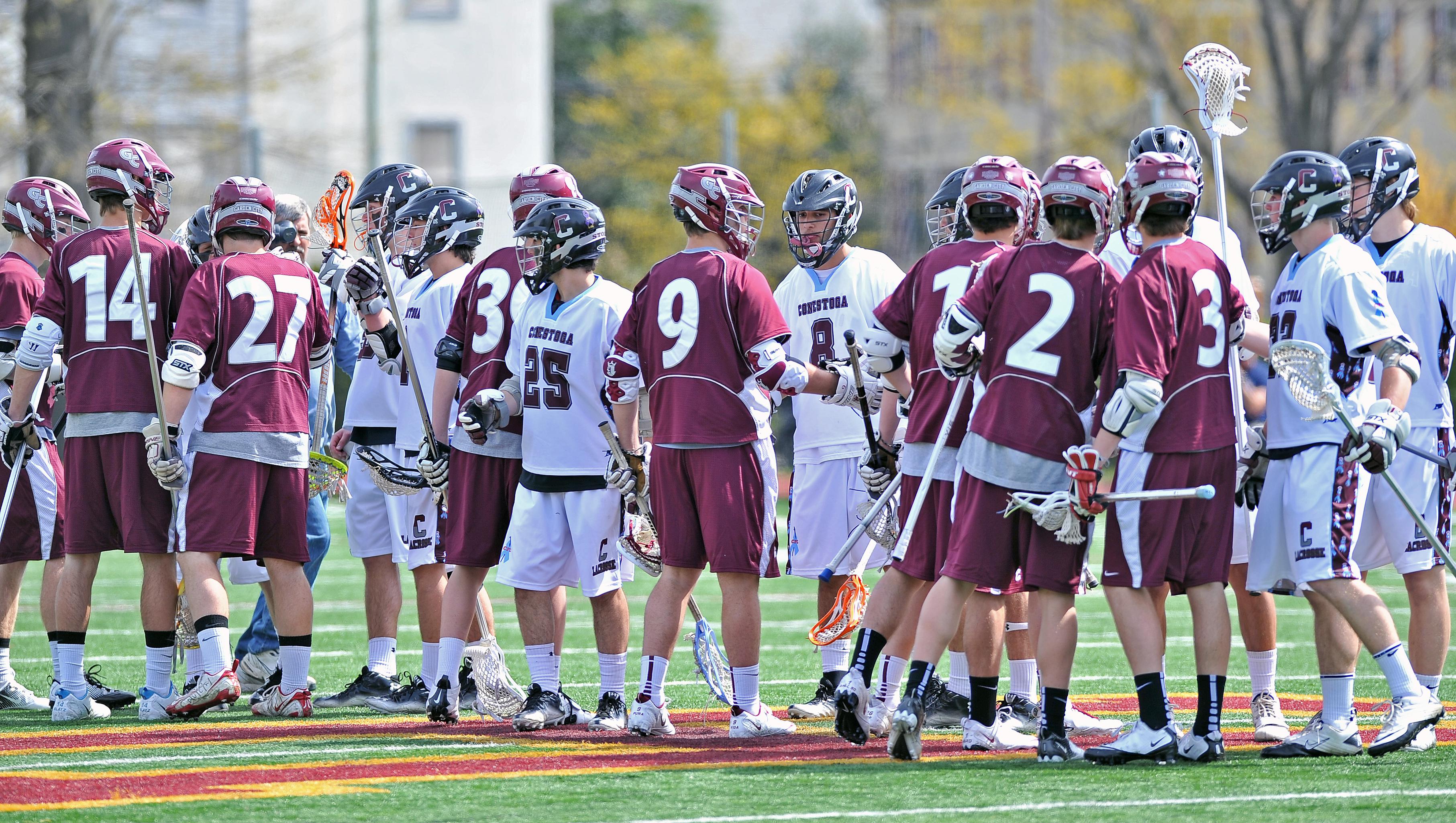On Wednesday the Virginia High School League (VHSL) approved a motion that would seem to be spectacular news: Transgender athletes across the state can now participate in high school sports teams in accordance with their gender identity. “It is a reality that there are transgender students who are interested in participating in athletics,” Ken Tilley, executive director of the VHSL, told the Richmond Times-Dispatch. “It’s something we recognize we need to be of service to our schools and our students.”
Opening sports to transgender teens is a terrific step given the self-esteem benefits that come through inclusion and teamwork—so it’s a pity about the caveats in this case. As it stands, transgender participation in Virginia is contingent on a set of very specific conditions: that a “student-athlete has undergone sex reassignment before puberty”; or that a student-athlete has undergone sex reassignment after puberty, including hormonal therapy and “external genitalia changes and gonadectomy.” If a student-athlete ceases hormonal therapy after puberty, they will be required to switch back to the team “consistent with their birth gender.”
Clearly these conditions rest on the assumption that testosterone provides an unfair physical advantage to players; it is generally agreed that boys are stronger than girls because of basic physiognomy. But how relevant is this idea to high school playing fields in Virginia? Not much, if you really break it down. The VHSL conditions take a laudable moment for transgender equality and muddy the waters with dubious, borderline-unethical demands that make the frustrating error of equating “transgender” with a surgical procedure.
On the hormone issue, guidelines released in 2009 by the Transgender Law & Policy Institute notes that, in preadolescent children, “hormonal levels do not differ significantly between the sexes … Gender segregation in children’s sports is purely social.” That rules out unfair advantage in the younger grades. As for encouraging people in this age bracket to consider sex reassignment surgery, a Standards of Care outline by the World Professional Association for Transgender Health emphatically rejects it: ”Genital surgery should not be carried out until … patients reach the legal age of majority to give consent for medical procedures in a given country,” it says (18-years-old in Virginia). This means the VHSL condition that a “student-athlete has undergone sex reassignment before puberty” contravenes accepted medical understanding of what’s in the best interests of a child. This is hardly something that should be encouraged for acceptance into a school sports program.
Post-puberty, the surgery requirement is still open to critique. As Zac Ford points out over at ThinkProgress, gender-reassignment surgery is often astonishingly expensive. Does that mean only wealthy kids with understanding parents are appropriate for inclusion? And expecting post-pubescent teens to get a gonadectomy also perpetuates specific understandings of what it even means to be transgender. At a time when activists are trying to move the conversation away from the nether-regions, the VHSL makes it their primary focus. This ignores an important fact (or simply shrugs it off as irrelevant): that most transgender adults choose not to have genital reconstructive surgery, perhaps, as Ford argues, because it inhibits a person’s ability to reproduce. Making surgical transition a prerequisite to playing sports sets a pretty high price that many people would never consider paying.
But perhaps the larger point is that the VHSL shouldn’t be worrying about this at all. “A core purpose of high school and college is to teach students how to participate and be good citizens in an increasingly diverse society and how to interact respectfully with others,” argues a paper on equal opportunity for transgender student athletes. High school football is not the Olympics, in other words; high school is about education, open-mindedness, and socialization. It is a place to widen horizons, not shut down opportunities. Dwelling on arguable concerns of unfair advantage and dictating what a player’s genitals need to look like before they can join in not only misses the point of what school games are good for—it also humiliates trans kids and degrades everyone involved.
